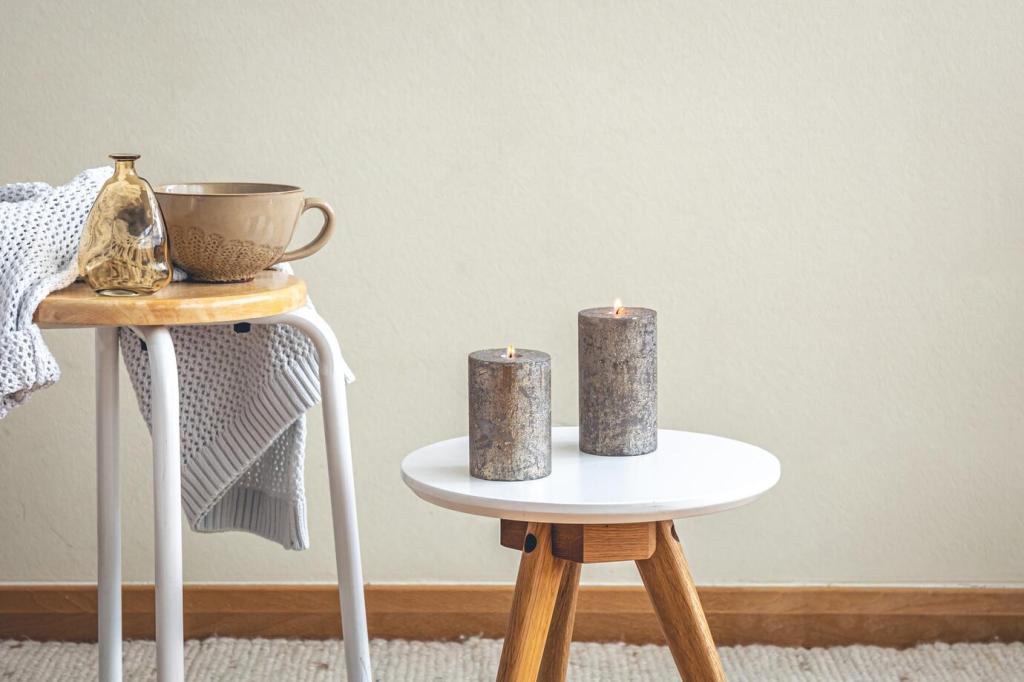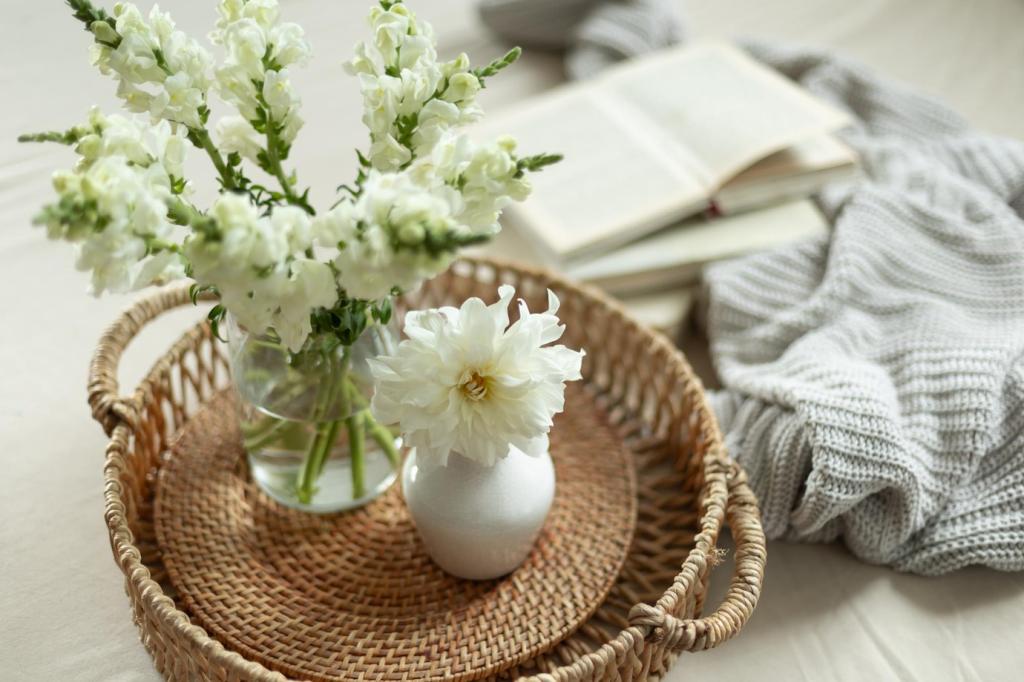The Rise of Minimalist Living
Minimalist living has rapidly gained attention as a powerful lifestyle trend, appealing to people seeking simplicity, clarity, and intentionality in a world often cluttered with excess. By focusing on essentials, minimalism encourages individuals to reassess their relationship with possessions, habits, and even time. This mindful approach to living not only transforms physical spaces but also cultivates a sense of peace and purpose. As more people strive for balance amidst modern-day distractions, the minimalist movement continues to grow, offering practical and philosophical frameworks for creating a more meaningful life.

Embracing Simplicity in Modern Living
Reimagining Personal Spaces
Reimagining personal spaces is central to the minimalist lifestyle. It’s about creating environments that are calm, organized, and purposeful by paring down items to those that offer true value. Minimalist interiors typically favor clean lines, neutral colors, and uncluttered surfaces. This approach does not mean living in empty rooms; rather, it’s about fostering spaces that support well-being and encourage mindfulness. Letting go of nonessential objects allows individuals to appreciate their belongings more deeply and eliminate the visual noise many unknowingly accumulate over time. The result is often a greater sense of mental clarity and tranquility.


Mindful Consumption and Choice
Minimalism has a profound impact on how people approach consumption. By carefully considering purchases and distinguishing between wants and needs, individuals become more intentional shoppers. This mindset leads to a decrease in impulse buying and a greater appreciation for the things one chooses to own. Mindful consumption supports ethical decision-making, environmentally conscious practices, and financial well-being. Over time, it also encourages a deeper connection to possessions and a heightened awareness of their true usefulness and significance in everyday life.
The Cultural Shift Towards Minimalism
From Affluence to Fulfillment
Traditionally, affluence has been equated with the accumulation of material goods. However, minimalist living challenges this narrative by showing that real fulfillment often comes from owning less and living more intentionally. Many who adopt minimalism discover that true happiness is less about status symbols and more about meaningful experiences, relationships, and self-improvement. This shift from materialism to fulfillment reflects changing societal values and the growing recognition that well-being cannot be found in abundance alone, but rather in purpose and intentionality.
Digital Minimalism in a Hyperconnected World
With the proliferation of digital devices and constant online engagement, minimalism has taken on new meaning in the realm of technology. Digital minimalism advocates for intentional use of digital tools and platforms, encouraging individuals to eliminate distractions, set boundaries, and curate their digital environments. This practice can involve decluttering digital files, unsubscribing from unnecessary notifications, and establishing tech-free zones or periods. As digital overload becomes increasingly common, digital minimalism offers a pathway towards reclaiming focus, boosting productivity, and fostering more meaningful offline connections.
Minimalism and Environmental Awareness
Minimalism and environmentalism often intersect, as both advocate mindful consumption and reduced waste. By purchasing and using only what is necessary, individuals can significantly lower their ecological footprint. This lifestyle shift encourages sustainable practices such as recycling, buying quality items that last, and supporting responsible brands. Minimalist living fosters an appreciation for resources and encourages thoughtful stewardship of the planet. As environmental concerns take center stage globally, the minimalist ethos empowers individuals to contribute positively while living with intention.
Financial Freedom Through Minimalism
Minimalist living prioritizes conscious spending, which means identifying core needs and cutting out superfluous expenditures. Many find that by limiting purchases to what is essential, they can significantly reduce monthly outflows without compromising their quality of life. This approach doesn’t require deprivation but rather discernment, leading to financial habits that align closely with personal values and long-term objectives. As a result, money once allocated to fleeting pleasures or impulse buys can instead be directed toward investments in well-being, education, or unforgettable experiences.

